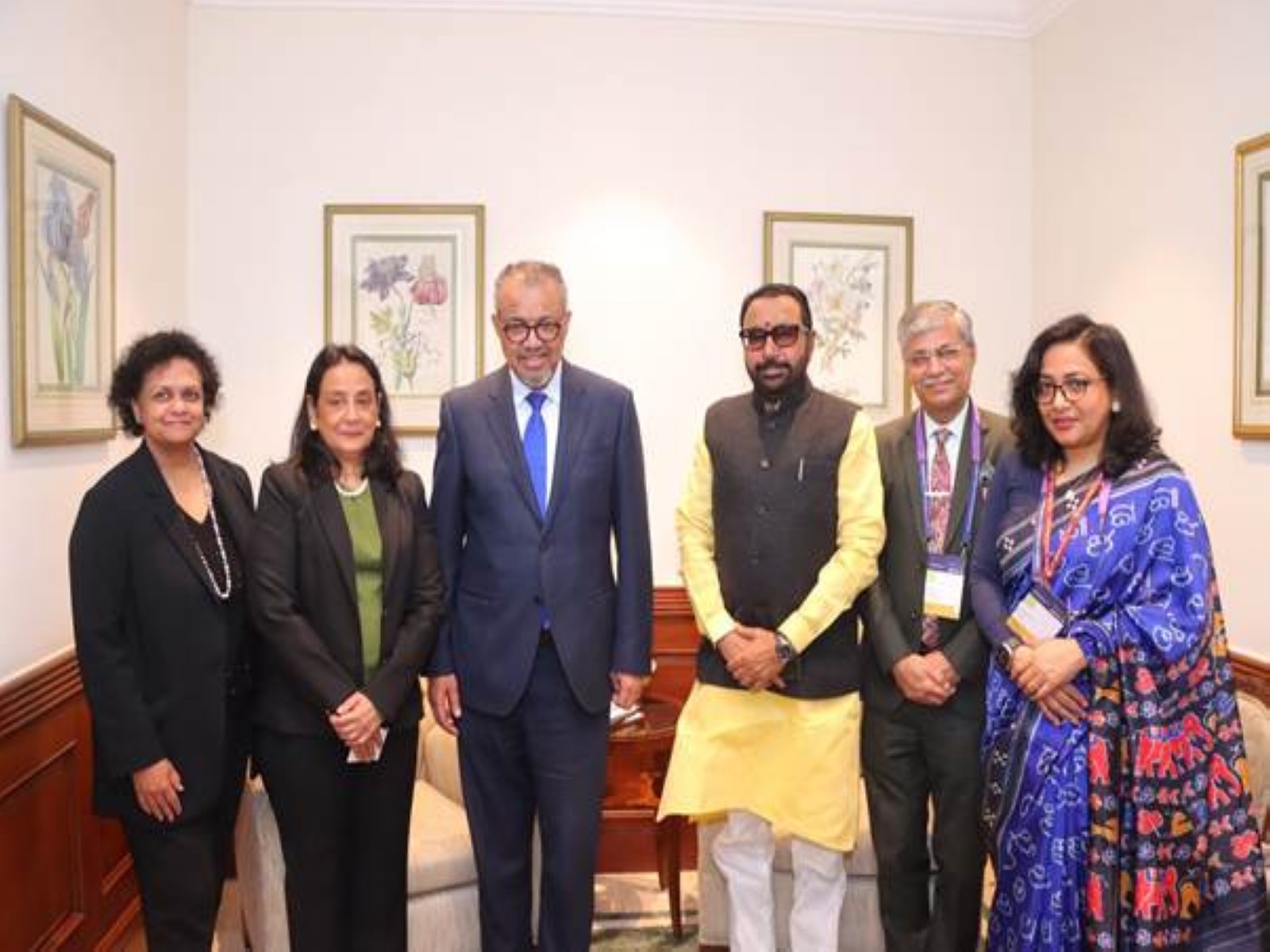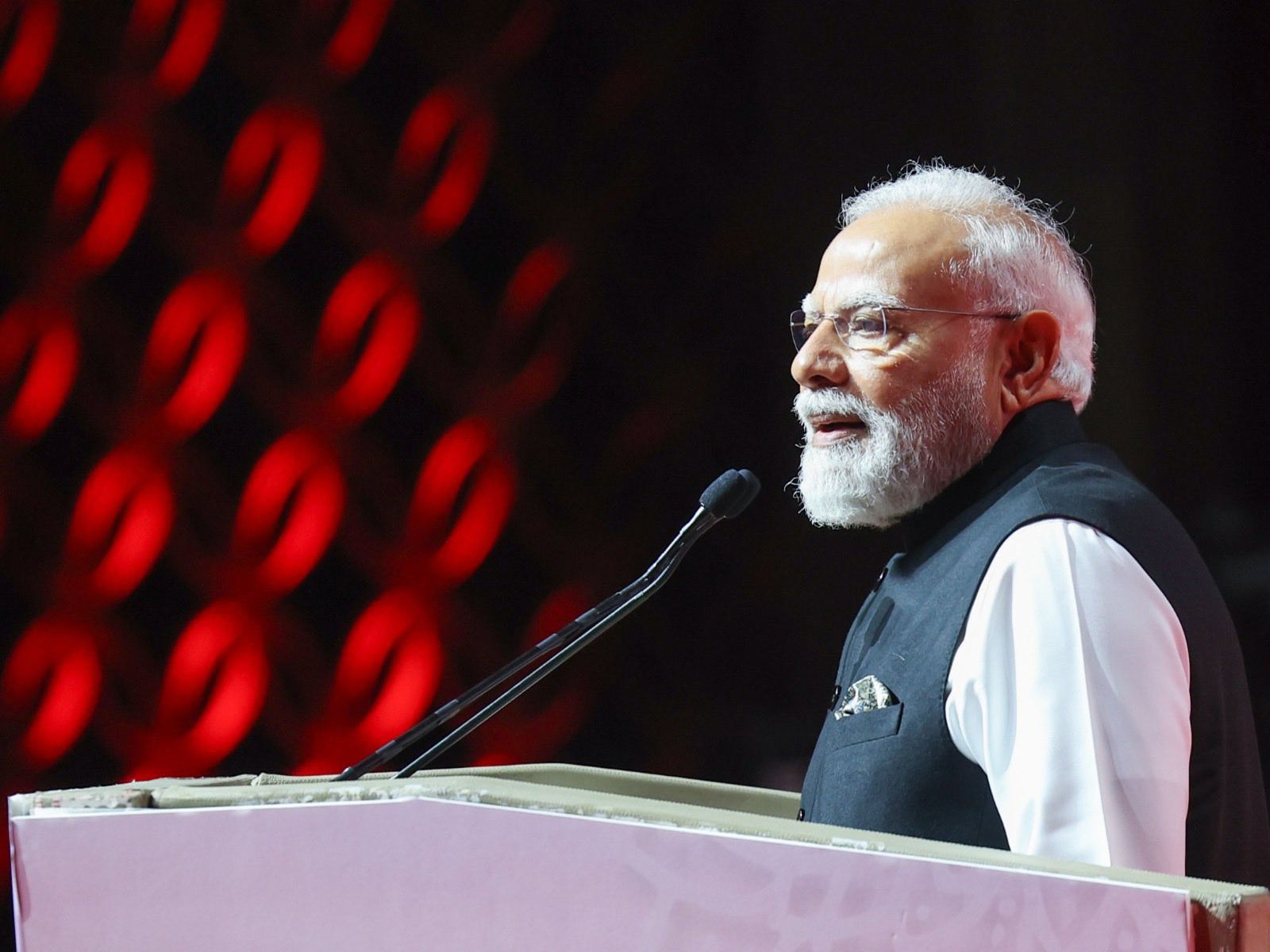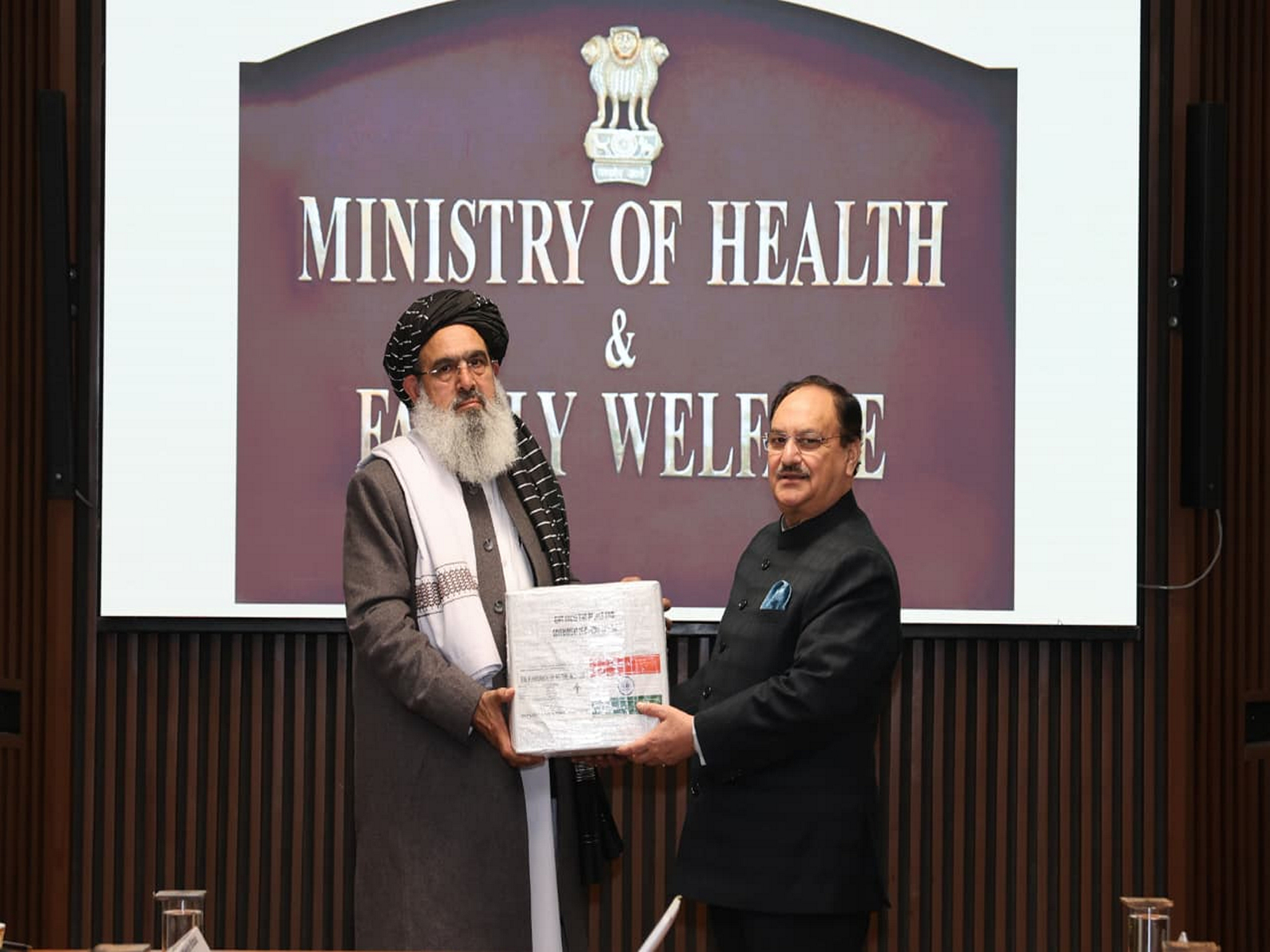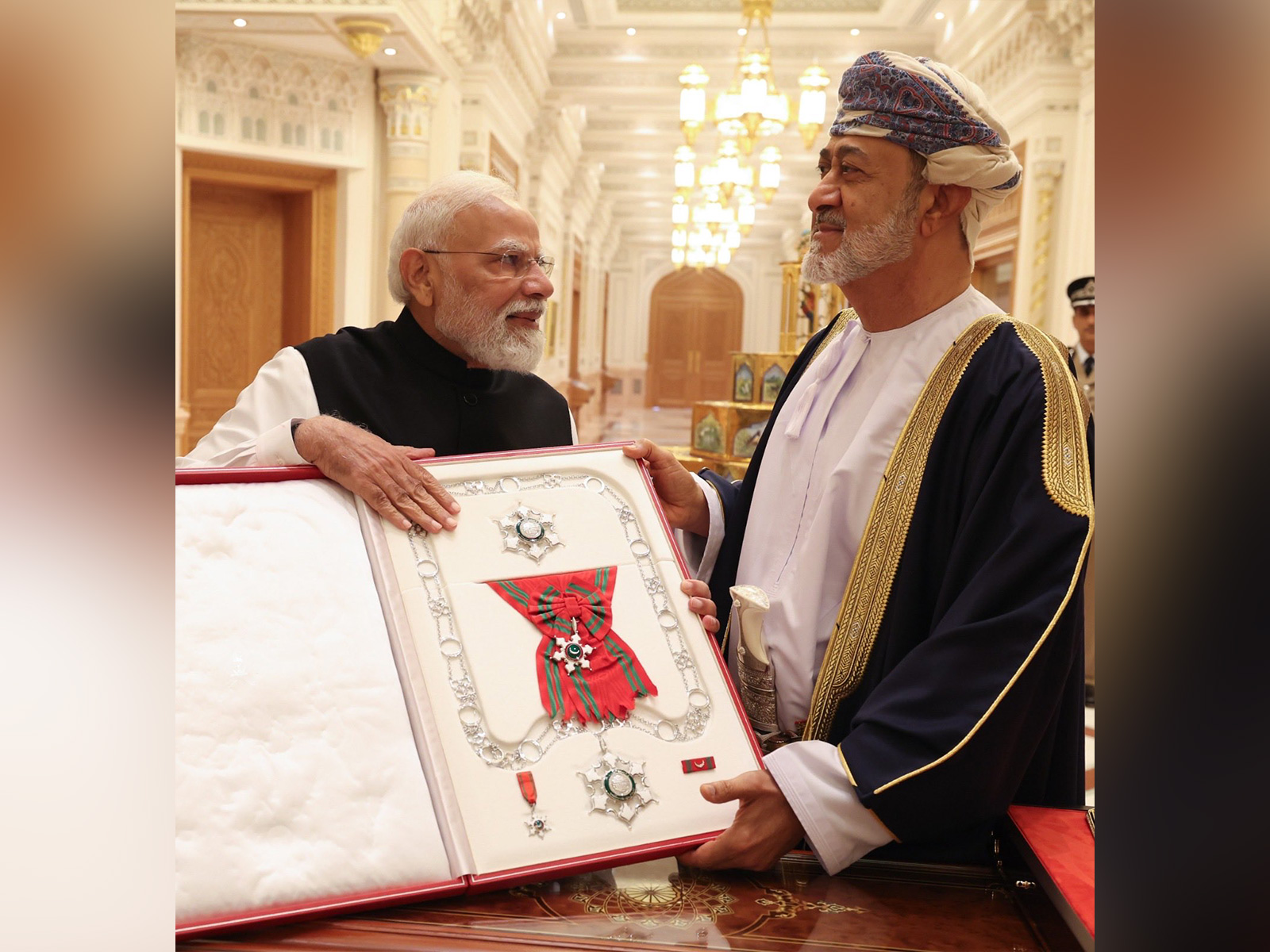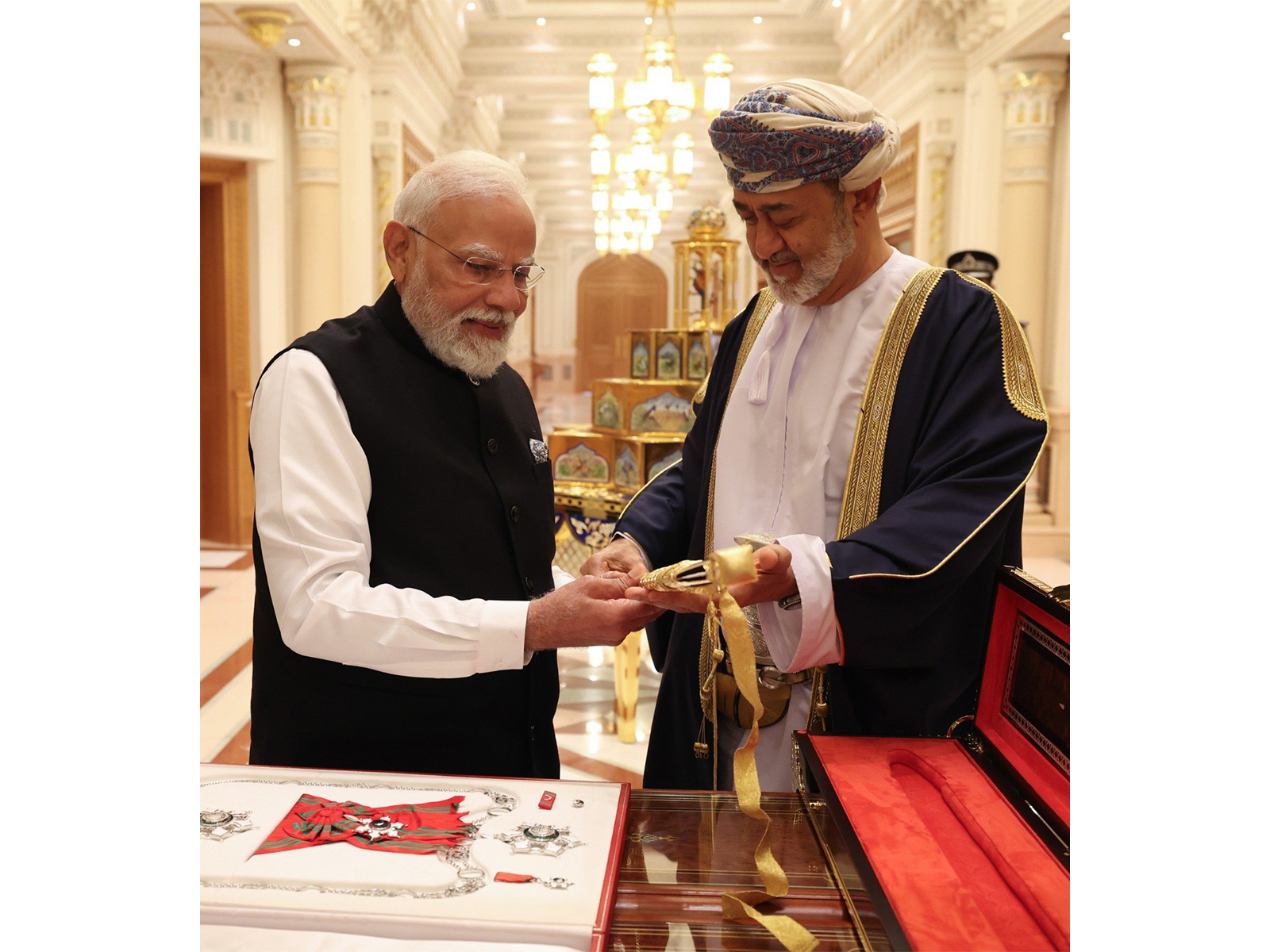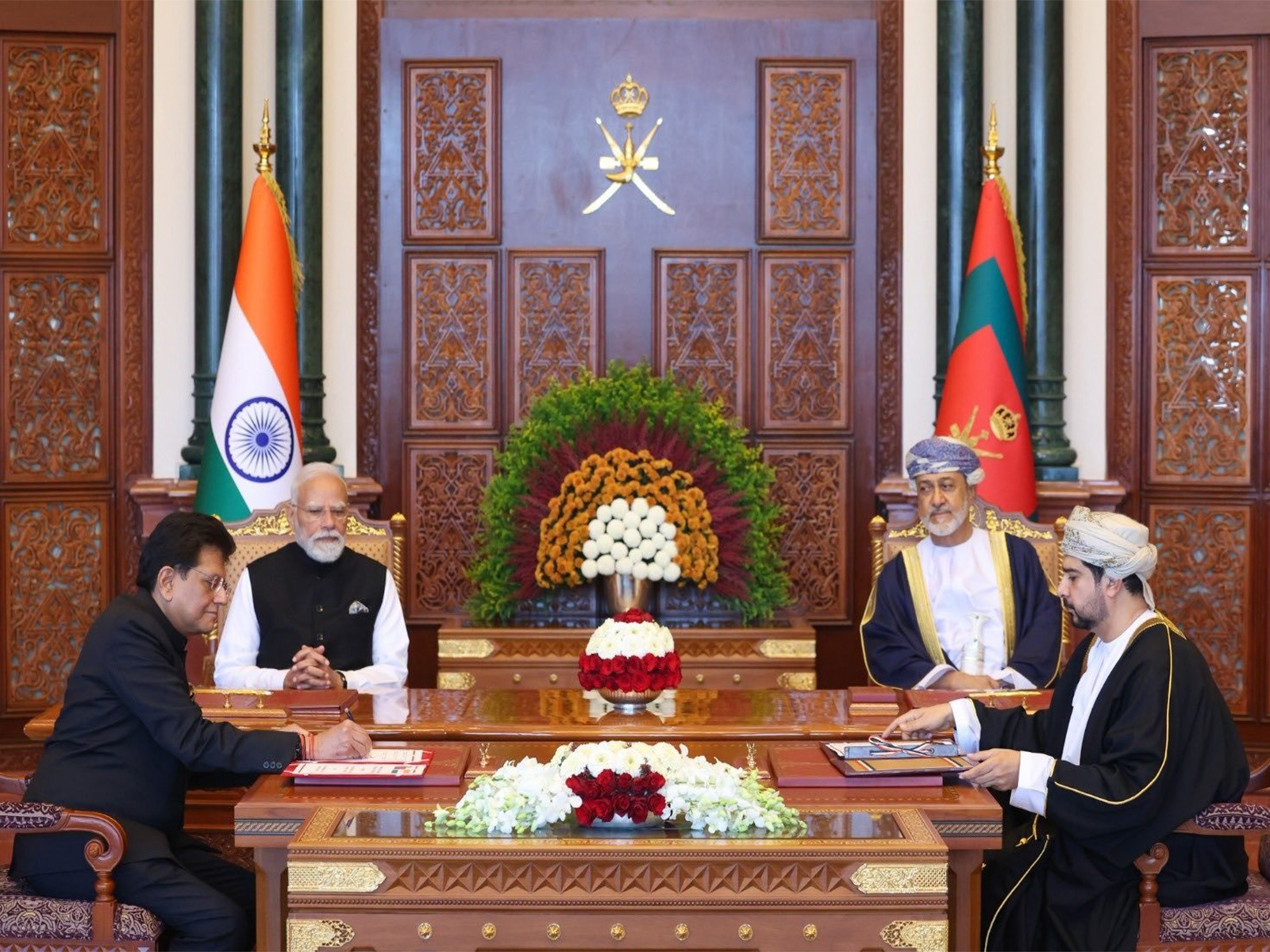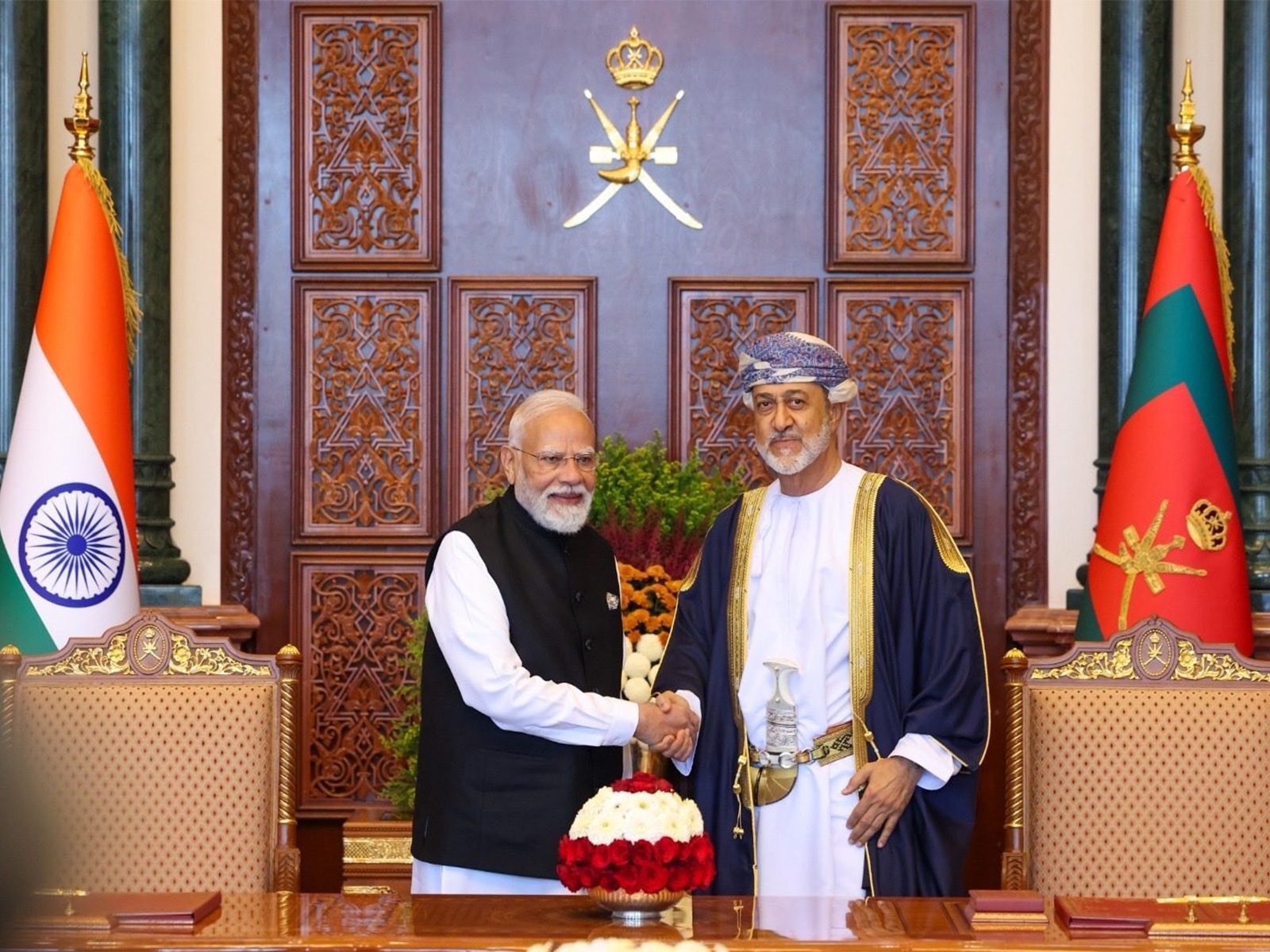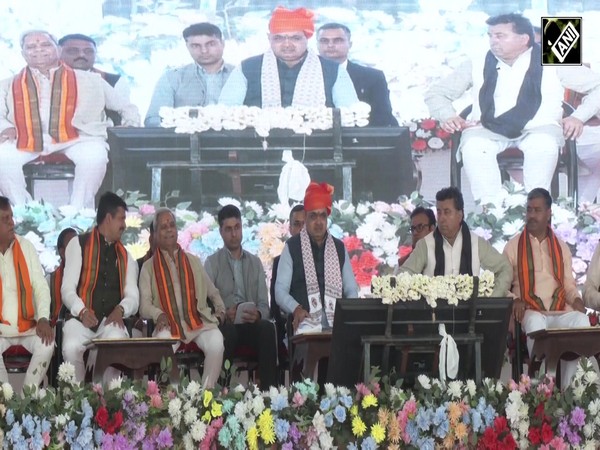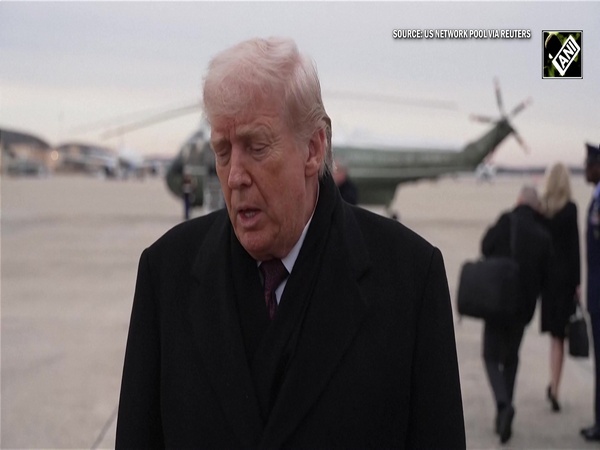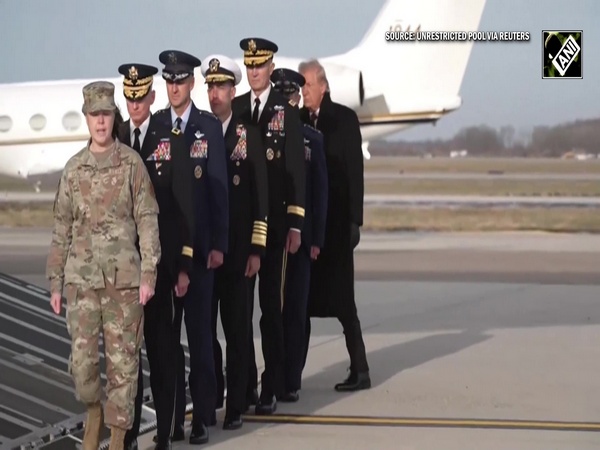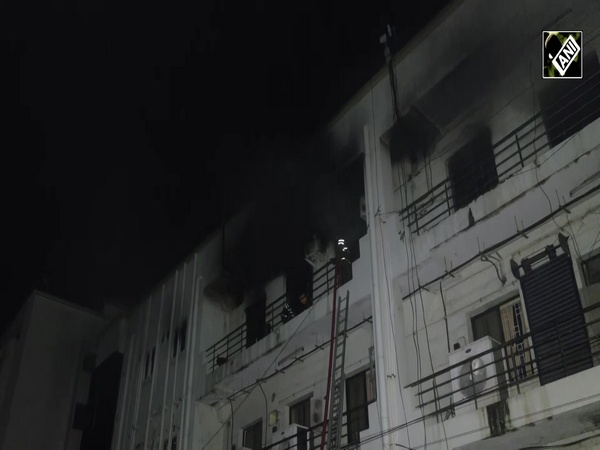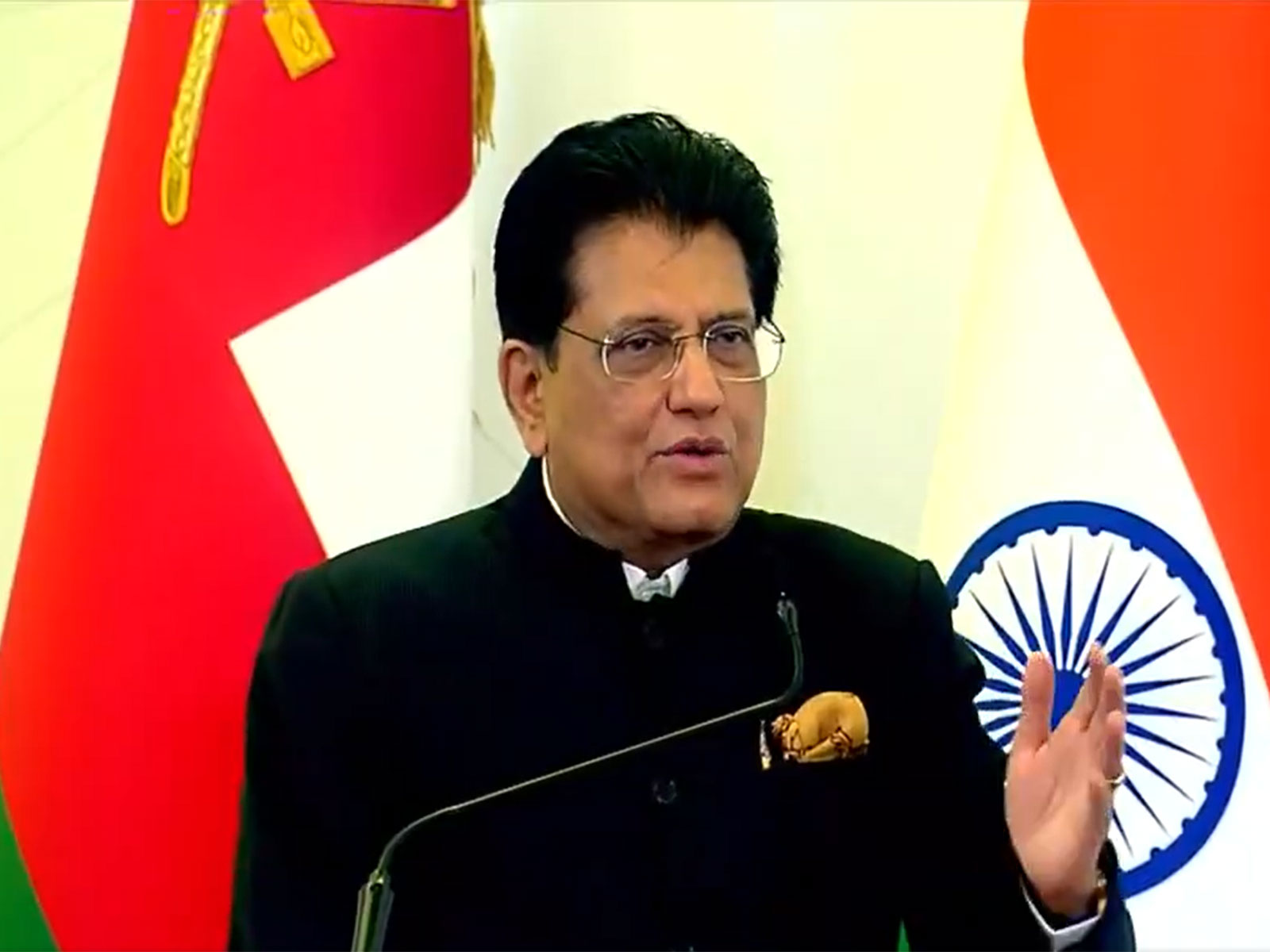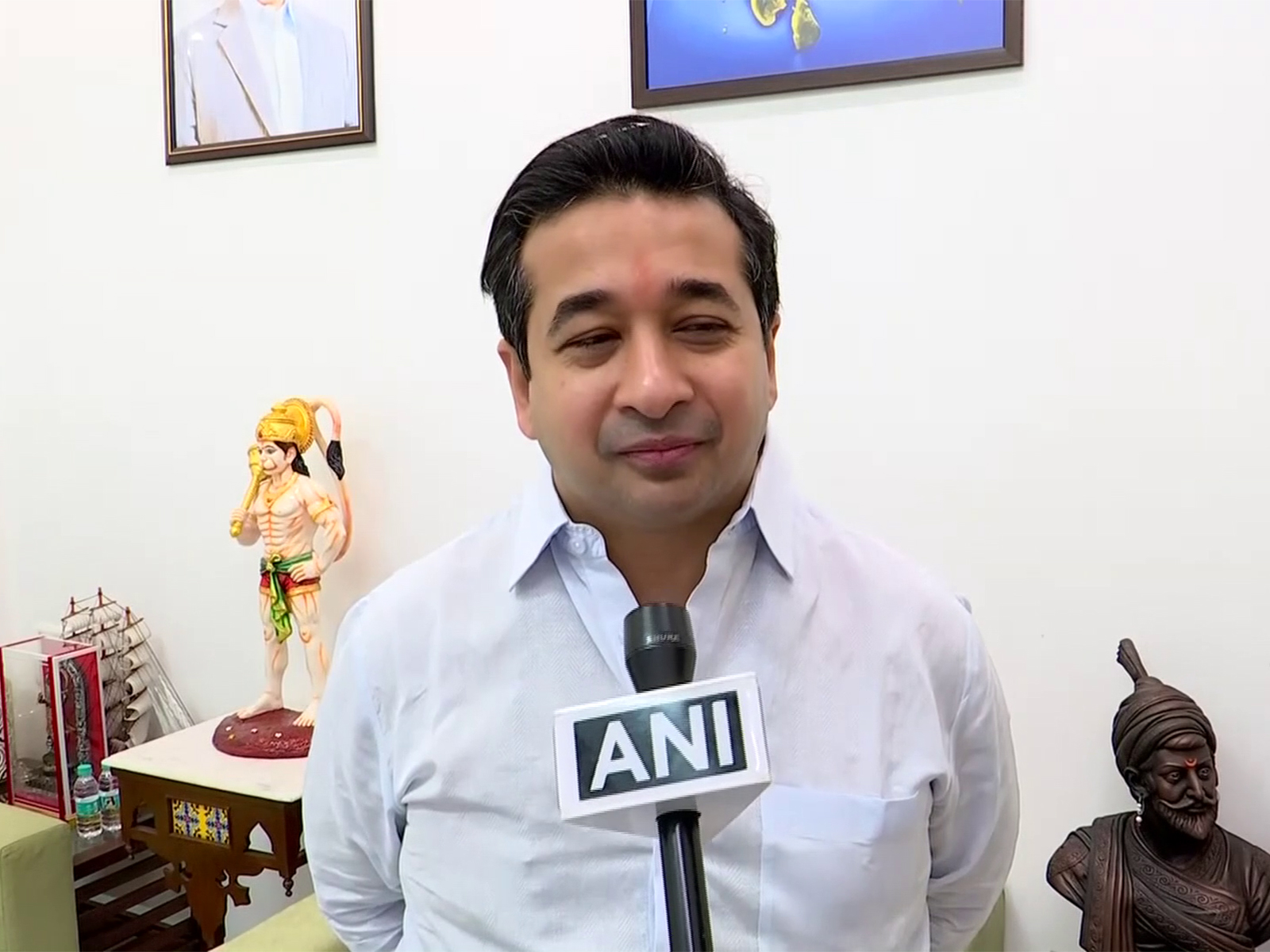
US applauds Taiwan's self-defence reforms to counter Chinese agression
Sep 28, 2024
Taipei [Taiwan], September 28 : The United States has appreciated the initiatives taken by the Taiwan administration to enhance Taiwan's self-defence through various reforms and investments and encouraged Taipei to further bolster its self-defence, Taipei Times reported.
The US "strongly encourages and applauds" the initiatives taken by President William Lai's administration to enhance Taiwan's self-defence through various reforms and investments, Ingrid Larson, the managing director of the American Institute in Taiwan's (AIT) Washington Office, said.
Larson made these comments on Monday while introducing Vice Minister of National Defence Hsu Yen-pu as the keynote speaker at the annual US-Taiwan Defence Industry Conference held in Philadelphia, Taipei Times reported.
In her address, Larson pointed out that over the past year, Beijing has consistently applied a comprehensive strategy, utilising various diplomatic, military, financial, intelligence, law enforcement, and economic tactics to pressure Taiwan.
She cited the example of Edinburgh, Scotland, which cancelled its plans for a sister city relationship with Kaohsiung due to influence from China. "Such actions are not conducive to promoting people-to-people ties, or the peaceful resolution of cross-strait differences," she added.
The US "strongly encourages and applauds the Lai administration's early efforts to continue to bolster Taiwan's self-defence through reforms and resource investments," highlighting the proposal to raise Taiwan's defence budget by nearly 6 per cent next year to approximately USD 20 billion.
Larson said that the US also appreciates Taiwan's Minister of National Defence, Wellington Koo's backing for significant defence reforms, which include the creation of a new organisation within the defence ministry modelled after the US Defence Innovation Unit, reported Taipei Times.
Discussing the Lai administration's Whole-of-Society Defence Resilience Committee--which aims to engage government officials, private sector representatives, and civil society groups in national defence--Larson stated: "We support his approach."
While the US remains dedicated to empowering Taiwan to uphold adequate self-defence capabilities, she emphasised that peace and stability encompass more than just traditional defence measures and should also involve enhancing Taiwan's overall societal resilience to ensure it remains secure and interconnected globally.
"This means strengthening the US-Taiwan unofficial relationship, raising global awareness of the importance of peace and stability in the Taiwan Strait, expanding Taiwan's international space, and bolstering Taiwan's economic diplomacy," she added.
A significant focus for the US government has been on enhancing Taiwan's societal resilience, covering areas such as critical infrastructure protection, humanitarian aid, disaster relief capabilities, cyber defence, food security, economic interdependence, energy resilience, and financial connectivity, Larson explained.
She further stated that fostering stronger connections with the private sector can also play a role in maintaining peace and stability in the Taiwan Strait, the Taipei Times reported.
Addressing US business representatives, she mentioned: "When US businesses like you pursue opportunities with Taiwan, you are helping to realise a Taiwan that is more integrated and not isolated, more resilient and less vulnerable to coercion."
The US has commercial interests in strengthening economic ties with Taiwan, its eighth-largest trading partner and with initiatives like the CHIPS and Science Act, Washington also invites leading semiconductor manufacturers from Taiwan to establish chip ecosystems in the US, she noted.
Larson concluded that the Biden administration is working to alleviate the tax burdens on US firms in Taiwan as well as Taiwanese businesses in the US.
